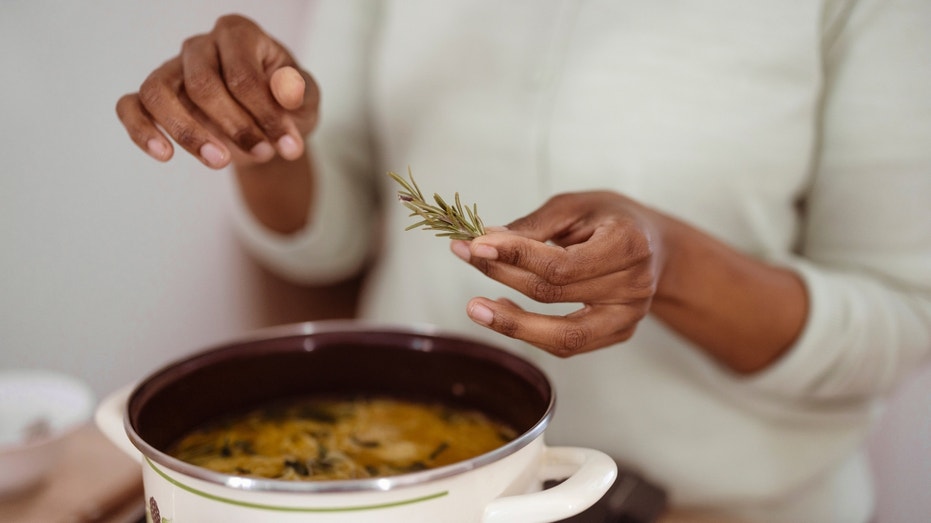Kitchen Herbs’ Compound Shows Promise Against Alzheimer’s, But Hold the Recipes

Sarah Johnson
June 28, 2025
Brief
A compound in rosemary and sage, carnosic acid, shows promise against Alzheimer’s in mice, but human trials are needed before any dietary changes.
In a groundbreaking study, researchers have unearthed a potential ally in the fight against Alzheimer’s disease hidden in the humble herbs of rosemary and sage. A compound known as carnosic acid, identified by scientists at the Scripps Research Institute, shows promising antioxidant and anti-inflammatory properties that could play a role in tackling neurodegenerative disorders.
The study, published in the journal Antioxidants, revealed that carnosic acid significantly improved neuron counts and synaptic connections in mice with advanced Alzheimer’s-like conditions. Beyond just numbers, the compound also curbed inflammation linked to current anti-amyloid therapies and boosted learning and memory behaviors in these mice. This isn’t just a lab curiosity—it’s a beacon of hope, albeit with caveats.
What makes carnosic acid particularly intriguing is its nature as a ‘prodrug.’ Inactive at first, it springs to life under oxidative and inflammatory stress, targeting only the troubled cells while sparing the healthy ones. This selective action could make it a safer bet for future therapeutics.
However, before you start sprinkling extra rosemary on your roast, experts are quick to temper expectations. The research, while encouraging, is still in the preclinical stage, based on mouse models. Human studies are essential to validate these findings, as emphasized by voices from the Alzheimer’s Association and neurologists alike. Consuming these herbs in your kitchen won’t replicate the drug’s effects, nor is it advised as a DIY treatment for cognitive decline at this point.
The road ahead involves rigorous clinical trials to test this compound in humans. If successful, carnosic acid could emerge as a powerful tool against Alzheimer’s, offering a glimmer of optimism for millions affected by this devastating disease. For now, though, the spice rack remains just that—a place for flavor, not a pharmacy.
Topics
Editor's Comments
Well, isn’t this a fragrant twist? Rosemary and sage might just be the unsung heroes of the herb world, potentially fighting Alzheimer’s with carnosic acid. But let’s not turn dinner into a clinical trial just yet—unless you’re cooking for mice, the jury’s still out. I can’t help but wonder if the real secret isn’t in the spice rack but in how we’ve overlooked nature’s pharmacy for so long. Here’s a thought: if rosemary can remember to fight brain fog, why can’t I remember where I left my keys?
Like this article? Share it with your friends!
If you find this article interesting, feel free to share it with your friends!
Thank you for your support! Sharing is the greatest encouragement for us.



